Breaking News
In The Media
Real-life secessionists call hit movie Civil War ‘100% plausible,’ as a power-hungry federal government has trampled on the US Constitution for too long |...
For Texas secessionist Daniel Miller, the hit movie Civil War is something of a how-to guide. Miller says writer and director Alex Garland's ominous dystopia has tapped a nerve.
Texas News
‘Civil War’ on Screen: A TEXIT Perspective
Welcome to the Texas News Podcast, where we dive into all things Texas politics and the future of independence in the state of Texas. In today’s episode, we're examining the new movie "Civil War," which has sparked widespread discussion with its portrayal of a fragmented America. I’ll analyze the plausibility of the movie’s speculative depiction of a divided union,...
Trending
Economy
Texas Retirement System Defies State Law by Investing Billions in Anti-Oil Firm BlackRock
In a move that has left many Texans baffled...
Border
Senate Shields Mayorkas, Ignoring Texas Border Crisis
In yet another display of the federal government’s disregard...
Federal
Federal Overreach Threatens Texas Broadband
As Texans who cherish our independence and economic prosperity,...
TEXIT News
Governor Abbott Signs Statement of Mutual Cooperation with the United Kingdom
In a major development for Texas' international relations, Governor Greg Abbott has formalized a Statement of Mutual Cooperation...
NH Legislator Pitches Alliance With Texas If State Secedes
On Wednesday, New Hampshire House Representative Jason Gerhard extended an invitation of alliance to Texas should New Hampshire...
Texas
Texas Retirement System Defies State Law by Investing Billions in Anti-Oil Firm BlackRock
In a move that has left many Texans baffled and concerned, the Employee Retirement System (ERS) of Texas has announced that it...
TNM News
Real-life secessionists call hit movie Civil War ‘100% plausible,’ as a power-hungry federal government has trampled on the US Constitution for too long |...
For Texas secessionist Daniel Miller, the hit movie Civil War is something of a how-to guide. Miller says writer and director Alex Garland's ominous dystopia has tapped a nerve.
Podcasts
‘Civil War’ on Screen: A TEXIT Perspective
Welcome to the Texas News Podcast, where we dive into all things Texas politics and the future of independence in the state of Texas. In today’s episode, we're examining the new movie "Civil War," which has sparked widespread discussion with its portrayal of a fragmented America. I’ll analyze the...
SPONSOR
Perspectives
Commentary
Texas Nationalism: The Hill I Will Die On
If you are offended by the word “nationalist,” there...
Commentary
National Divorce? If States Want To Leave, They Have The Power!
Those opposed to states leaving the Union think it...
Commentary
Independence Day: A Call to Action for Texans
As we approach another July 4th, I find myself...
Commentary
Words Matter: ‘Federal’ vs. ‘National’ in the Fight for Texas Independence
In the quest for Texas independence, the words we...
Commentary
San Jacinto Day in the Legislature
True Texans hold several days sacred: March 2, Texas...
TEXIT Questions
SPONSOR
Latest Articles
In The Media
Texas Secessionist Warns US Over ‘Civil War’ Movie | Newsweek
A Texas secessionist warned the United States that Alex Garland's Civil War was "pouring gasoline on the fire" of "Texit" arguments, as he renewed calls for a referendum on the Lone Star State's split from the union.
Border
Revealed: Flyers Urging Migrants to Vote Biden at Mexican NGO Expose Need for Texas Independence
In a new development that underscores the urgent need for Texas independence, flyers urging migrants to vote for President Joe Biden were reportedly distributed...
Federal
Texas Nationalists Push for TEXIT Amid Federal Failures in Immigration Enforcement and Border Security
Recent discussions and findings surrounding the federal handling of immigration enforcement reveal stark neglect and mismanagement by the Biden administration. This was particularly highlighted...
Texas News
‘Civil War’ on Screen: A TEXIT Perspective
Welcome to the Texas News Podcast, where we dive into all things Texas politics and the future of independence in the state of Texas....
International Engagement
Europe
Brexit Success Shatters Myths, Bolsters Case for Texas Independence
The Brexit experience has delivered a resonating message clear...
North America
Why Other Secession Pollsters Should Give Peace A Chance
Last month, YouGov ran a poll we commissioned that found 58% of Californians...
North America
NH Legislator Pitches Alliance With Texas If State Secedes
On Wednesday, New Hampshire House Representative Jason Gerhard extended...




